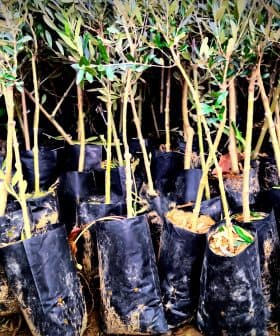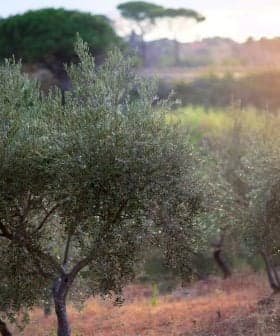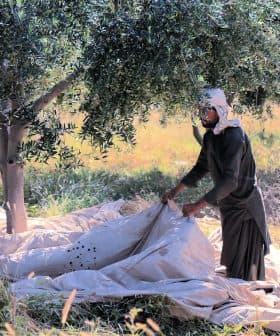International Olive Council
The International Olive Council, established in 1959 in Madrid, Spain, under the United Nations, is the only international intergovernmental organization focusing on olive oil and table olives. Jean-Louis Barjol was appointed as the director in January 2011, succeeding Mohammed Ouhmad Sbitri, and will lead the organization until December 2014, working towards sustainable development and addressing policy challenges in the olive industry.
The International Olive Council is the world’s only international intergovernmental organisation in the field of olive oil and table olives. It was set up in Madrid, Spain, in 1959, under the auspices of the United Nations. It used to be known as the International Olive Oil Council or IOOC until 2006, when its name was changed.
 In January, 2011 Jean-Louis Barjol was selected as the director of the IOC. Barjol took the place of Mohammed Ouhmad Sbitri, who headed the organization from November 2007 to December 2010. Directorship of the IOC lasts for three years, and Barjol will lead the organization from through December, 2014.
In January, 2011 Jean-Louis Barjol was selected as the director of the IOC. Barjol took the place of Mohammed Ouhmad Sbitri, who headed the organization from November 2007 to December 2010. Directorship of the IOC lasts for three years, and Barjol will lead the organization from through December, 2014.
For the past two years, Barjol served as the deputy director of the organization, overseeing the Administrative & Financial and Survey & Assessment divisions. Barjol has been working on geographic indication questions, and especially exploring ways to develop areas outside of the European Union.
The Council is a decisive player in contributing to the sustainable and responsible development of olive growing and it serves as a world forum for discussing policymaking issues and tackling present and future challenges.
Its current membership includes the leading international producers and exporters of olive oil and table olives. IOC producer Members account for 98% of world olive production, located primarily in the Mediterranean region.
The IOC is committed to the integrated, sustainable development of world olive growing. It attempts to translate this commitment into tangible advancement for its member countries and, most importantly, for the ordinary people who earn their livelihood from the produce of the olive tree.
- International Olive Council






